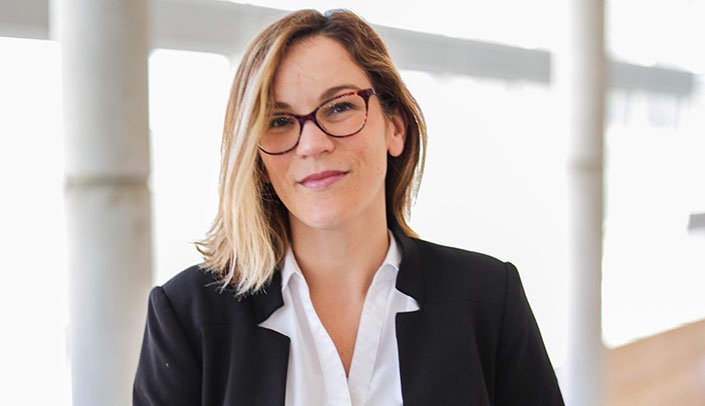Nadia Pare, Ph.D., an assistant professor in the UNMC Department of Neurological Sciences and a clinical neuropsychologist at Nebraska Medicine, will discuss how the brain creates and stores memories at the March 3 Omaha Science Cafe at 7 p.m. at the Slowdown, 729 N. 14th St.
Dr. Pare will explore why some memories from youth are vivid while some from just a few months ago seem vague. She also will explore how the brain triages memories and stores them; what the role of forgetting in healthy brain function looks like; and what we can do to keep memory cells healthy.
Dr. Pare completed her doctoral degree in clinical psychology, neuropsychology track, at Universite Laval, in Quebec City. She completed an internship in neuropsychology with a focus on memory disorders and rehabilitation in Ottawa, Canada, as well as a two-year fellowship in clinical neuropsychology and neuroimaging, with focus on memory disorders, at Dartmouth-Hitchcock Medical Center, in Hanover, New Hamphsire.
Dr. Pare’s primary clinical and research interest s focus on early diagnosis of neurodegenerative disorders along the continuum of subjective cognitive impairment, mild cognitive impairment, and dementia. She is particularly interested in early changes in practical judgment and decisional capacities in older adults with memory disorders due to a neurodegenerative process. Clinically, Dr. Pare has a specific interest in neuroimaging findings in relation to specific changes in cognition. Her career has been mainly spent providing services within multidisciplinary settings.
This cafe is being held in partnership with The Blue Barn Theatre and their productions of “Wakey, Wakey” and “Marjorie Prime.”
Science Cafes involve a face-to-face conversation with a scientist about current science topics. They are open to everyone (21 and older) and take place in casual settings like pubs and coffeehouses. Each meeting is organized around an interesting topic of conversation. A scientist gives a brief presentation followed by a Q-and-A period.
Pizza will be provided for the first 50 people. Find more information about Science Cafes.
